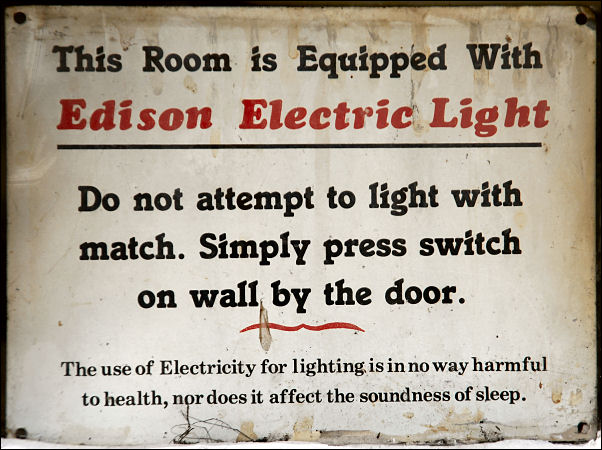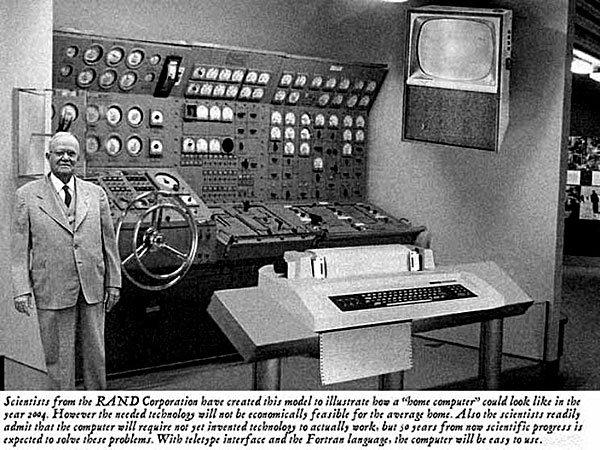I’m not a great admirer of the British press, but I have more time for it than for its American counterpart, which seems to me to have failed its public and no longer warrants its elevated status as the Fourth Estate. Bill Moyers recently produced a searing expose of his peers. The response of most of them has been to express incredulity. “Who — us?” is the general tenor of the reaction.
Glen Greenwald has written a nice piece about this in Salon. Excerpt:
[Moyers’s] documentary is — in one sense — a very valuable historical account of the corrupt behavior by our dominant political and media institutions which deceived the country into the invasion of Iraq. But on another, more significant level, it illustrates the corruption that continues to propel our political and media culture.
One of the most important points came at the end. The institutional decay which Moyers chronicles is not merely a matter of historical interest. Instead, it continues to shape our mainstream political dialogue every bit as much as it did back in 2002 and 2003. The people who committed the journalistic crimes Moyers so potently documents do not think they are guilty of anything — ask them and they will tell you — and as a result, they have not changed their behavior in the slightest.
Just consider that, as Moyers notes, there has been no examination by any television news network of the role played by the American media in enabling the Bush administration and its warmonger propagandists to disseminate pure falsehoods to the American public. People like Eric Boehlert have written books about it, and Moyers has now produced a comprehensive PBS program documenting it. But the national media outlets themselves have virtually ignored this entire story — arguably the most significant political story of the last decade — because they do not think there is any story here at all.
The fraud that was manufactured by our government officials and endorsed by our media establishment is one of the great political crimes of the last many decades. Yet those who are responsible for it have not been held accountable in the slightest. Quite the contrary, their media prominence — as Moyers demonstrates — has only increased, as culpable propagandists and warmongers such as Charles Krauthammer (now of Time and The Washington Post), Bill Kristol (now of Time), Jonah Goldberg (now of The Los Angeles Times, Peter Beinert (now of Time and The Washington Post), and Tom Friedman (revered by media stars everywhere) have all seen their profiles enhanced greatly in our national media.
Part of the problem with the US media is that their privileged status as one of the ‘estates’ of the realm has, somehow, rendered them impotent. Three examples:
How could responsible, intelligent media allow such a preposterous fiction to go unchallenged?




